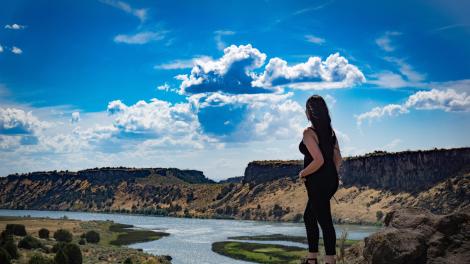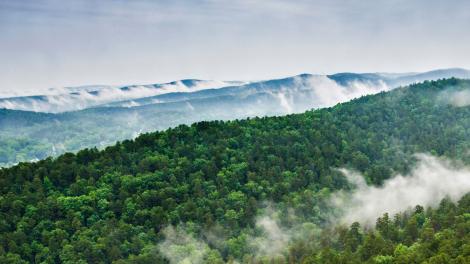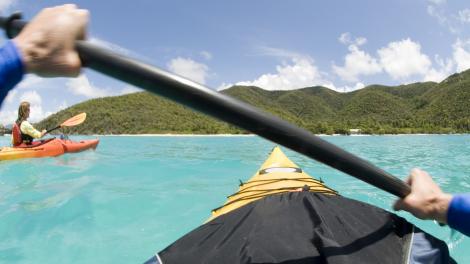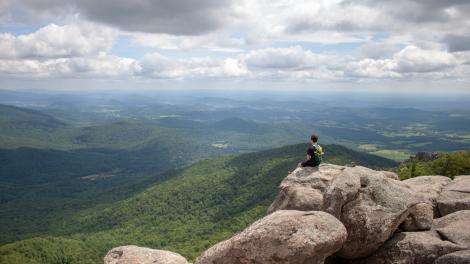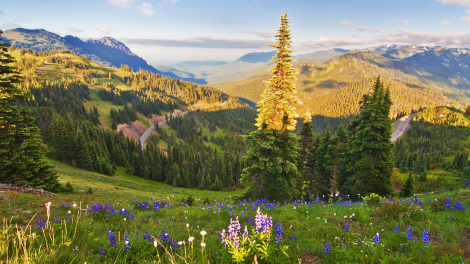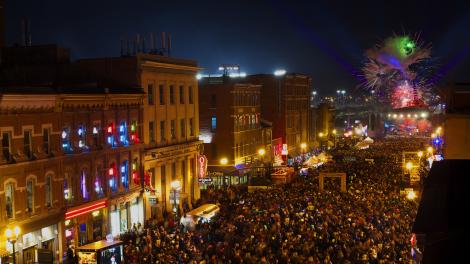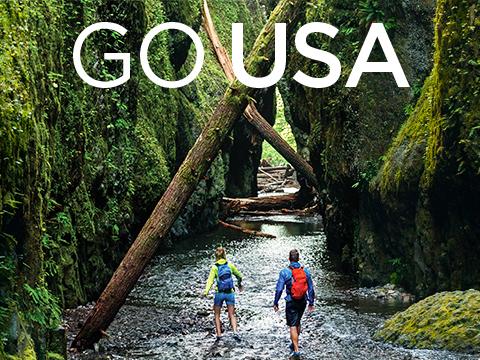- 州/地区:
- Arizona
A natural wonder tucked into the Earth
About 180 kilometers northeast of the Grand Canyon in northern Arizona, one of the United States of America’s greatest natural treasures is just underfoot. Antelope Canyon, one of the world’s most photogenic landmarks, is nestled more than 36 meters below ground level.
Navigating the Canyons
Antelope Canyon is made up of two slot canyons — upper and lower — each formed by the rushing waters of the late-summer monsoons. The region’s native Navajo tribes regard it as sacred ground and limit access to the canyons to protect the fragile sandstone formations. Tour guides are mandatory and will help you navigate the canyon’s craggy crevices. While both hikes are popular and relatively easy, touring Lower Antelope Canyon requires visitors to descend and scale a series of stairs and ladders, so some visitors may find the upper canyon more accessible.
Each canyon is easily accessible via tour companies based in nearby Page, Arizona, located about 440 kilometers north of Phoenix near the Utah border. This small town serves as a base for adventurers seeking the beauty of the slot canyons, Horseshoe Bend, Lake Powell and the infamous Wave of Vermilion Cliffs National Monument. Head east on route 98 to route 222 intersection. Lower Antelope Canyon is on the left and Upper Antelope Canyon is on the right. Page is also home to several tour companies.
Guided tours of Upper Antelope Canyon are typically about 90 minutes, while Lower Antelope Canyon tours last about an hour. While it’s possible to tour both canyons in one day, you would need to plan accordingly: Each tour operator only provides tours of one canyon, and wait times can be long. If you’d like to tour both canyons, it is recommended to book on separate days, allowing yourself more time to explore the region’s other attractions in between slot canyon tours.
The striated rock of the Antelope Canyon glows in pastel hues.




